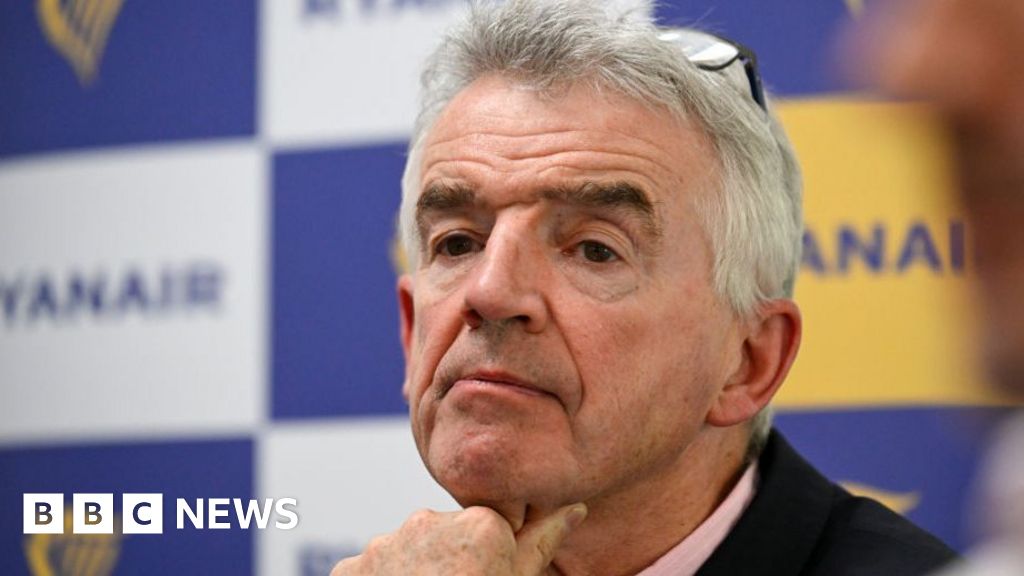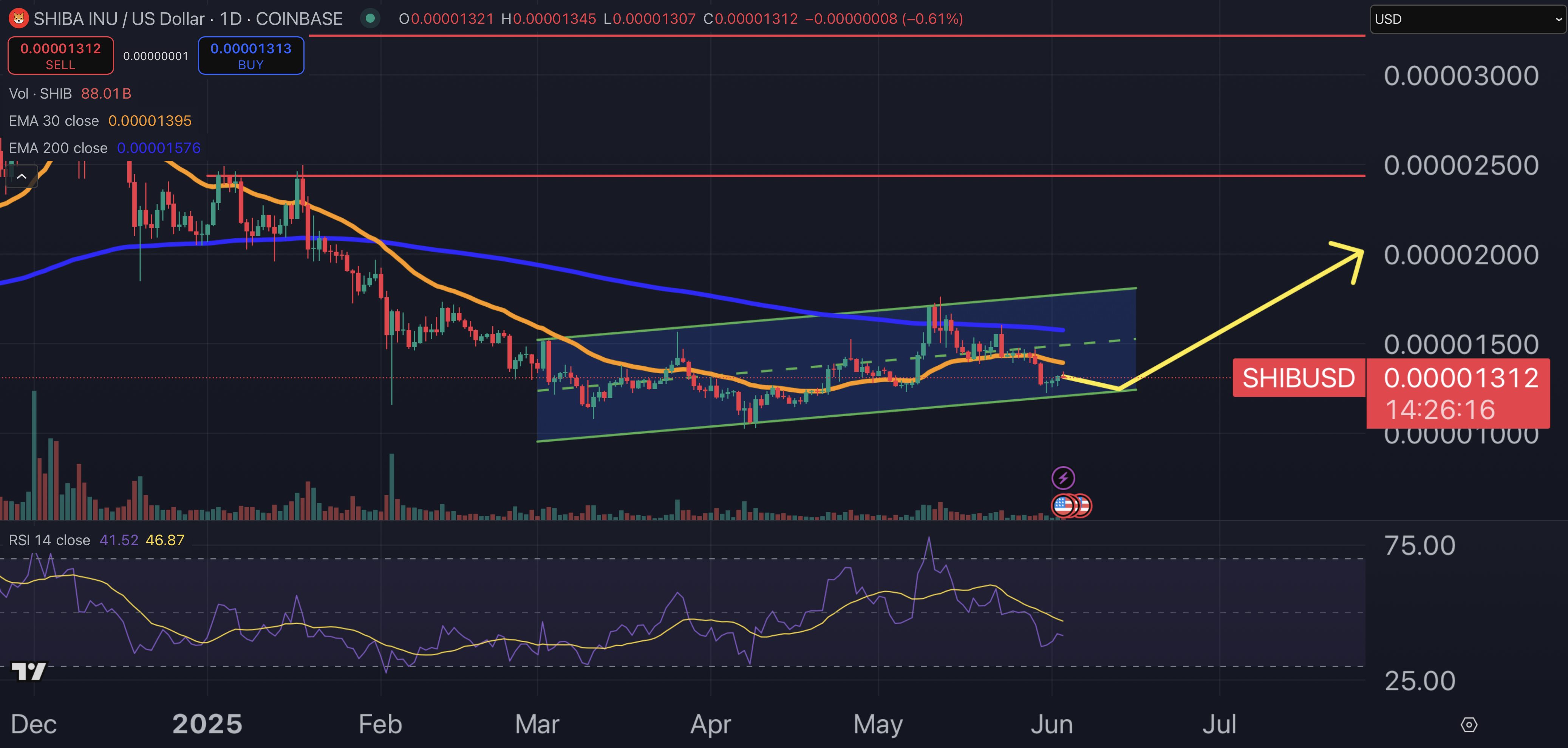But many analysts are eyeing later in the summer or early autumn for action, maintaining it is only a matter of time.
It’s a sign that the global battle against inflation sparked by the pandemic is entering a new phase, as hope builds in some of the biggest and most severely affected economies that price inflation is finally coming under control.
“It’s an important move,” said Brian Coulton, chief economist at Fitch Ratings. “We’re moving into another stage.”
Just a few years ago, central banks around the world were hiking interest rates aggressively, hoping that higher borrowing costs would weigh on the economy and ease the pressures pushing up prices.
The moves were unusually synchronised, responding to global supply chain issues and shocks to food and energy markets that had sent prices leaping around the world.
That coordination has faded over the past year, and become more variable.
In the eurozone, the UK and US – economies that had not experienced inflation issues for decades – officials have been in a holding pattern, keeping rates at decades-high levels.
The decision from the ECB is a declaration of confidence that trends are moving in the right direction, said Emma Wall, head of investment research and analysis at Hargreaves Lansdown.
“What the central bank is saying today is, although it might not be coming down in a straight line, they are confident they can get inflation back down to the 2% target level,” she said.
In the eurozone, inflation now stands at 2.6%, while in the UK, inflation has fallen to 2.3%, a long way down from a peak of over 11% in late 2022.
In the US, the Federal Reserve’s preferred inflation gauge, the personal consumption expenditures index, has dropped to 2.7%.
Still the Fed, which was at the fore of the move to higher rates, has moved cautiously, reflecting concerns that progress on the issue might have stalled and that stronger-than-expected growth and major government spending might make it trickier to resolve.
“The eurozone economy is in a different place than the US,” said Yael Selfin, chief economist at KPMG.
For now, many forecasters are predicting at least one if not more rate cuts in the US, the eurozone and the UK this year, with more to follow in 2025.
Credit: Source link










